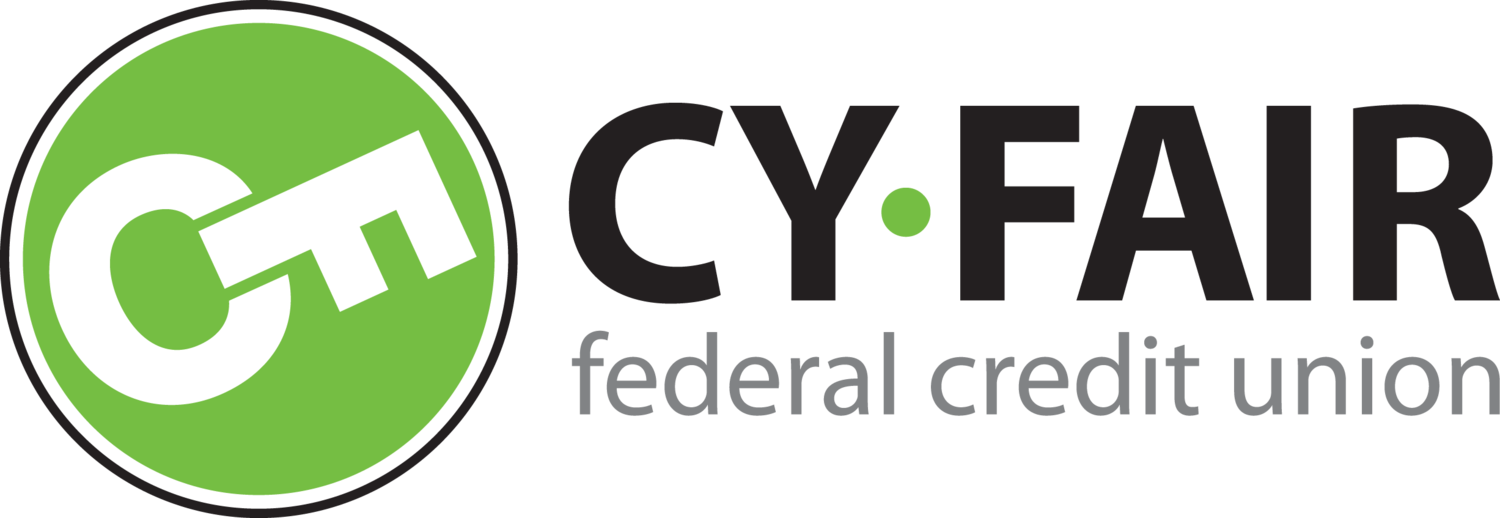Preparing for the Mortgage Application Process
For first-time home buyers, the mortgage application process can seem like an obstacle course. You must hand off all your personal information, jump through the qualifying hoops, and clear the lender's hurdles to win your prized mortgage.
By gathering as much information as you can about your finances and choices, you'll be better prepared to find the best mortgage and lender for your needs.
When you apply for a mortgage, the lender will pull your credit report to see how much credit you have available and if you've made your payments on time.
Surprisingly, only one-fourth of applicants know what's on their credit report. Of those applicants, about a third found at least one error on it. That error may damage your credit score and your chances of getting a loan.
Therefore, three to four months before you start house hunting, order a copy of your credit report and review it carefully. If you find errors, notify the reporting agency right away.
Most prospective home buyers shop first for a home, then for a mortgage. Reverse the order and get your mortgage preapproved first.
Why? Preapproval helps you in two ways: it tells you how much house you can afford and makes your offer stand out from the crowd — the seller will be more interested in a buyer with approved financing than in another buyer waiting to get approval.
To apply for a mortgage, you'll need to show your lender documentation that verifies your income, assets, and debts. Be prepared for your meeting by gathering the following information:
Most recent pay stub with year-to-date earnings
Last two years’ W2 forms
Last two years’ tax returns
Last two months’ bank statements
Credit reports
Photo ID
Rent history (a year’s worth of canceled rent checks or a letter from your landlord)
You'll also need to decide on a down payment amount and choose your mortgage type: 30-year vs. 15-year.
You have many choices when applying for a mortgage: conventional, fixed-rate, adjustable-rate, government loans, and so on. Ask your lender to go over the best options for your situation.
There are many lenders and brokers to choose from. While some bargain hunters look only at interest rates, you’re better off taking a broader view.
First, remember that the interest rate is only part of your mortgage costs. Closing costs—loan origination fees, points, etc.—can run anywhere from 2% to 7% of the purchase price. So, when comparison shopping, ask for an estimate of closing costs as well as interest rates.
Second, realize that you'll be dealing with your lender for the long haul—perhaps 15 to 30 years—so choose a company that's reputable and customer-oriented. Ask friends, relatives, and realtors for recommendations.
Home buyers often have many questions and Cy-Fair FCU’s Member Home Loans team is available to answer those questions about the mortgage loan process, as well as determine the appropriate home loan for you.

